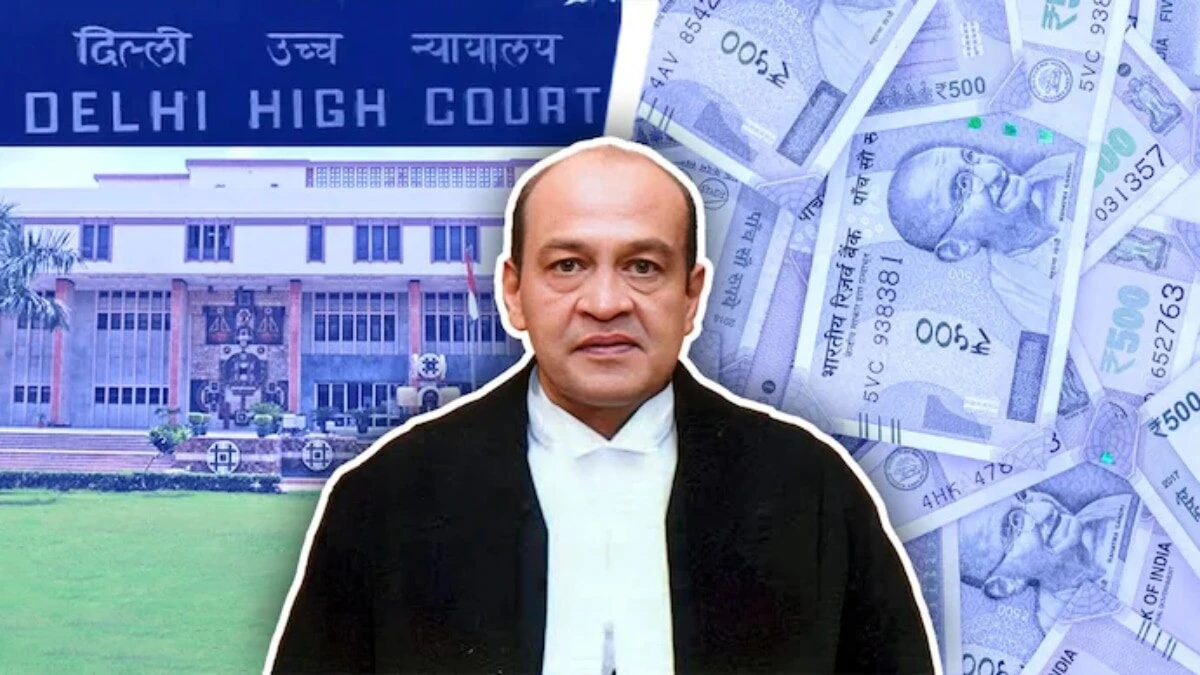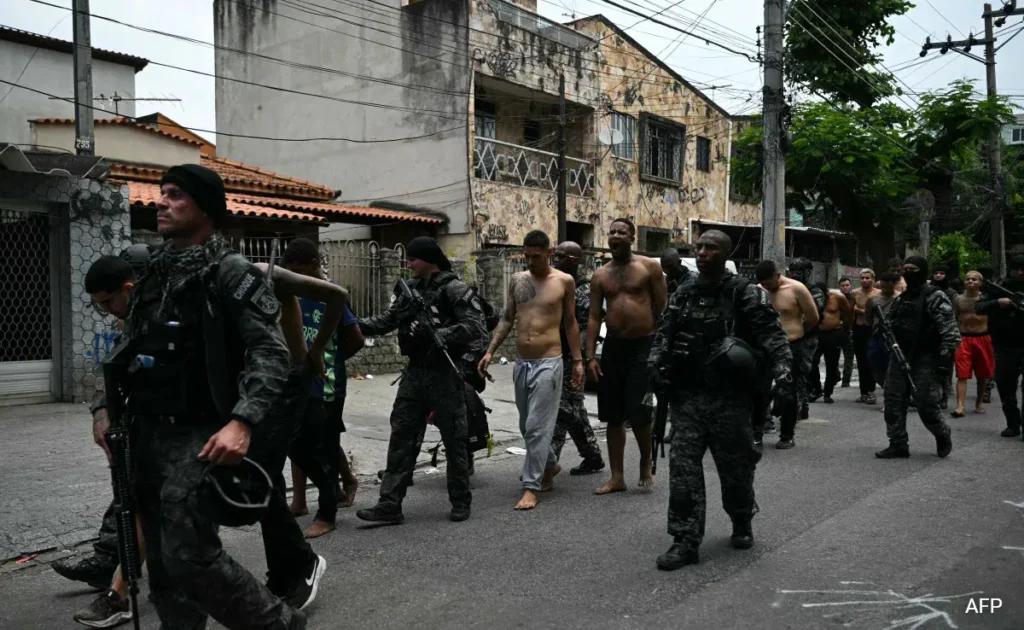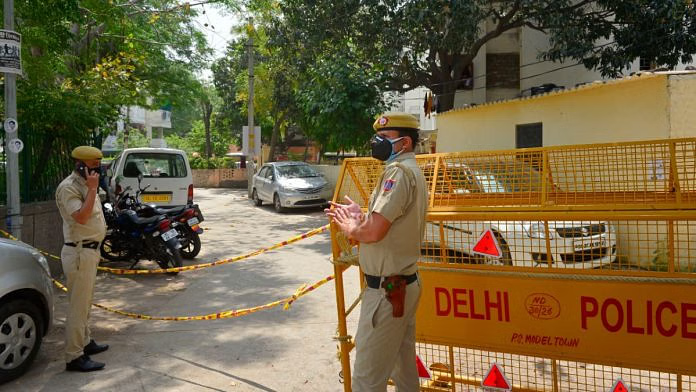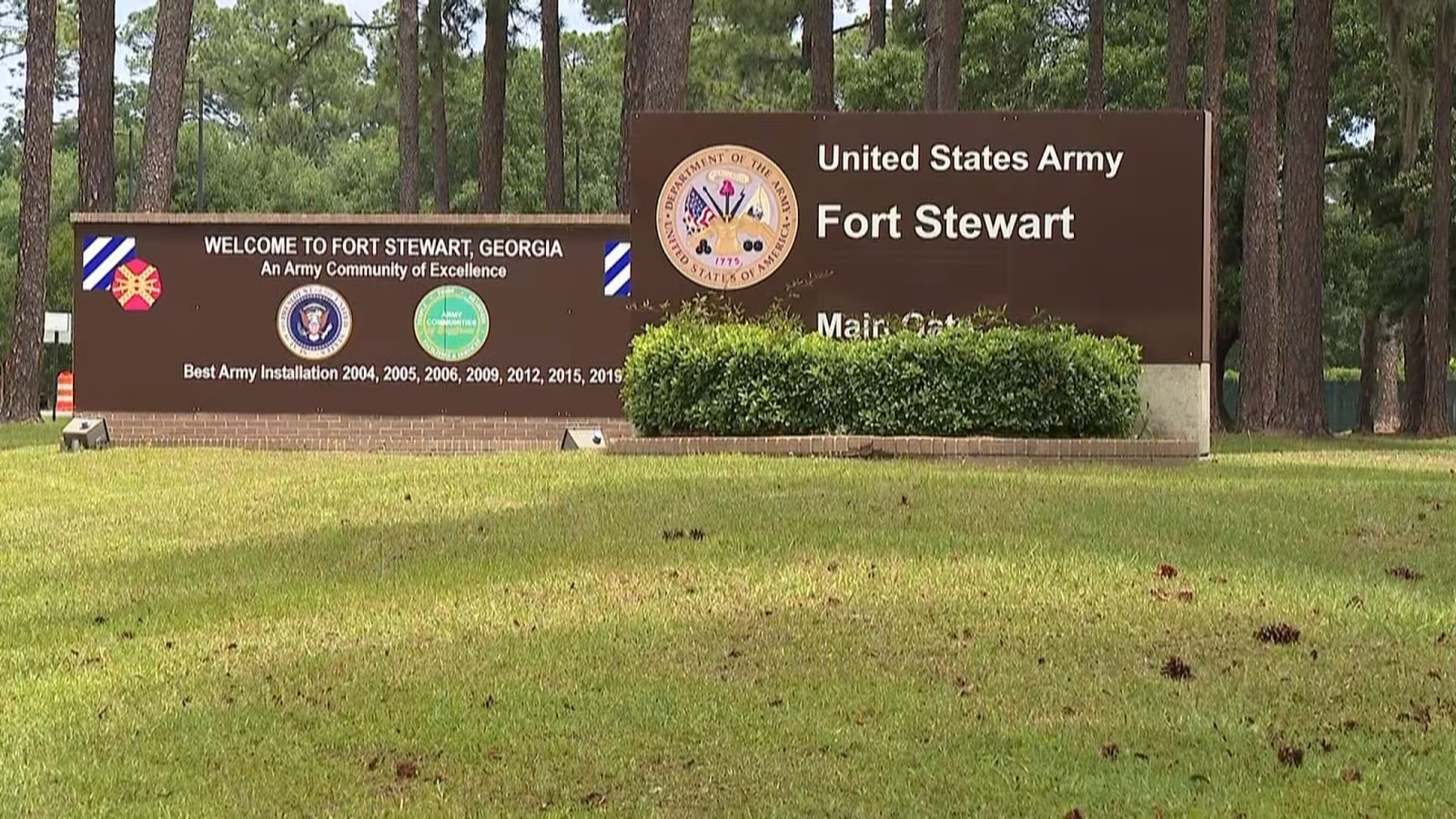Now Reading: SC Dismisses Justice Yashwant Varma’s Petition, Clears Path for Impeachment
-
01
SC Dismisses Justice Yashwant Varma’s Petition, Clears Path for Impeachment
SC Dismisses Justice Yashwant Varma’s Petition, Clears Path for Impeachment

The Supreme Court on August 7 dismissed Justice Yashwant Varma’s plea challenging the in‑house inquiry into the massive cash discovery at his residence. With his conduct deemed untrustworthy, the court upheld the panel’s findings—clearing the way for Parliament to push ahead with possible removal proceedings. The verdict emphasizes how legal scrutiny tightens even at the highest levels.
The Court’s Ruling
The bench of Justices Datta and Masih held that the in‑house inquiry was constitutionally valid and followed due process. Varma’s challenge came after the panel’s report, and the court questioned why he participated yet later disputed its legitimacy. The conduct, they noted, failed to inspire confidence.
What Triggered the Inquiry
In March, firefighters responding to a blaze at Varma’s official residence in Delhi discovered large amounts of burned and unburned cash in a storeroom. A three‑judge committee was formed, found compelling evidence that Varma and his family had control over that space, and concluded the allegations warranted impeachment.
Implications for Justice and Governance
For Tier 2 cities often outside the glare of media focus, this saga highlights how even well-respected institutions must remain accountable. A judge’s credibility is not beyond question, and these developments reinforce public expectation that justice applies to everyone equally—even those who sit atop the bench.
Conclusion
The SC’s decision strips away any illusion of immunity. Justice Varma’s plea failed to hold—his conduct was found wanting, and the parliamentary process now moves forward. For India’s smaller towns and courts alike, the message is clear: accountability starts at the top and should reach every corner of the system.

























